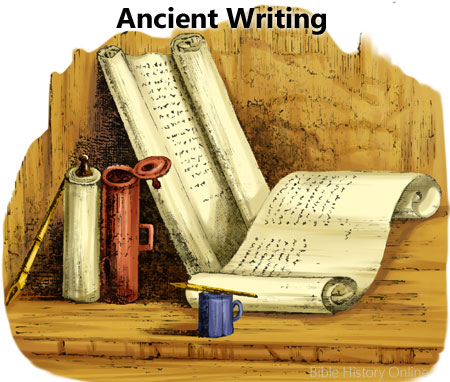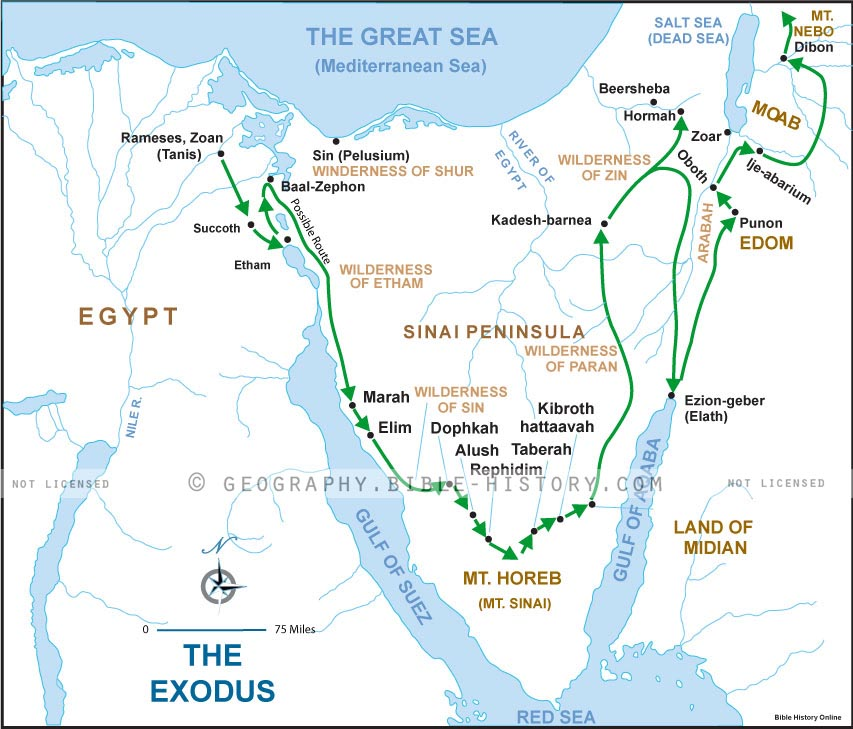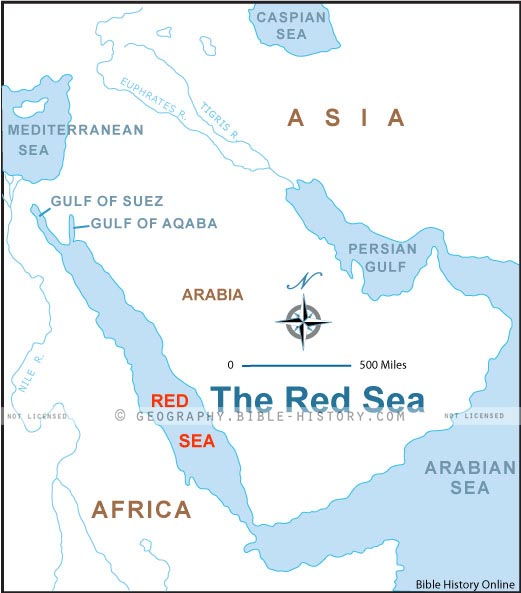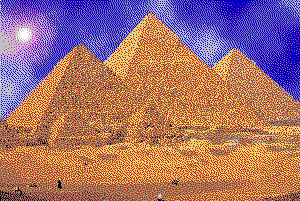3. a burnt sacrifice--so called from its being wholly consumed
on the altar; no part of it was eaten either by the priests or the
offerer. It was designed to propitiate the anger of God incurred by
original sin, or by particular transgressions; and its entire
combustion indicated the self-dedication of the offerer--his whole
nature--his body and soul--as necessary to form a sacrifice acceptable
to God
(Ro 12:1;
Php 1:20).
This was the most ancient as well as the most conspicuous mode of
sacrifice.
a male without blemish--No animal was allowed to be offered that
had any deformity or defect. Among the Egyptians, a minute inspection
was made by the priest; and the bullock having been declared perfect, a
certificate to that effect being fastened to its horns with wax, was
sealed with his ring, and no other might be substituted. A similar
process of examining the condition of the beasts brought as offerings,
seems to have been adopted by the priests in Israel
(Joh 6:27).
at the door of the tabernacle--where stood the altar of burnt
offering
(Ex 40:6).
Every other place was forbidden, under the highest penalty
(Le 17:4).
JFB.
Outline
The Tabernacle of Moses
The ancient Tabernacle of Moses illustration with the curtain fence, the bronze laver, the bronze altar, the holy place, and the badger skin covering. (Click to Enlarge)

Painted sketch of ancient writing instruments
Important Topics for Bible Study
Quick Reference Map

Map of the Possible Route of the
Exodus
(Click to Enlarge)
Ancient Customs
Ancient People
Geography
the wilderness
the mount of God
Quick Reference Maps

Map of the Red Sea and Egypt
(Click to Enlarge)
The Old Testament

Exodus Resources
Moses
and the Exodus
The Giving of the Law
The
Tabernacle
The Wilderness Wanderings